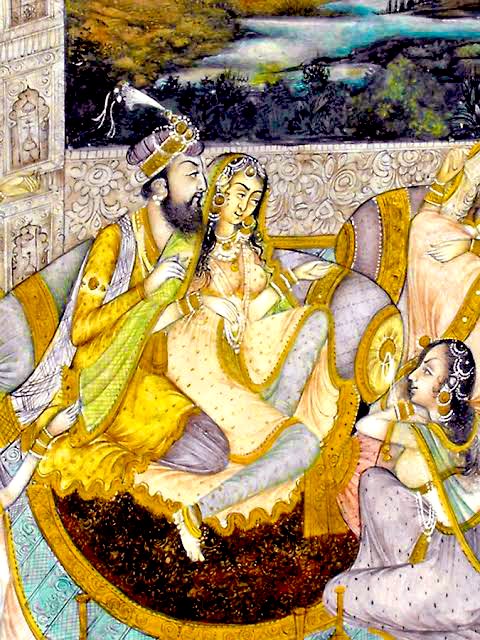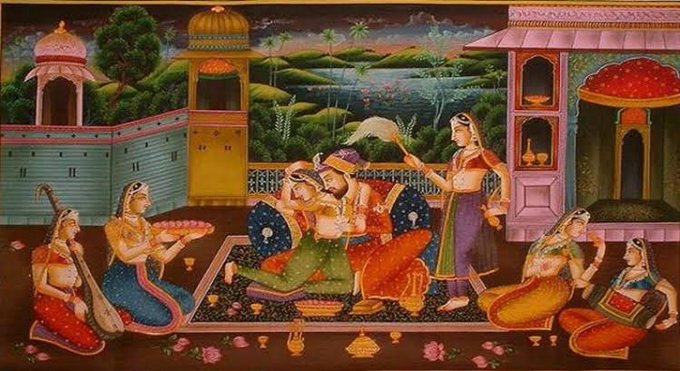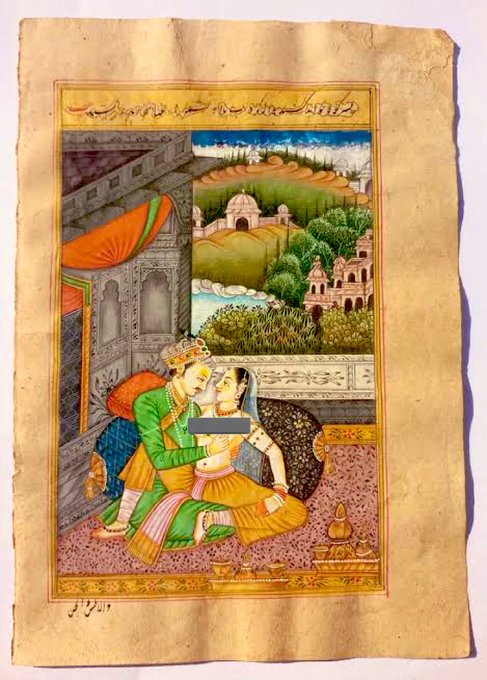Slavery and the slave trade have been significant aspects of Islamic culture. This article delves deeper into an anecdote that sheds light on this practice, revealing its prevalence and implications.
The Tale of a King and His Slave
Shams ud-din Iltutmish, a Mohammedan king, was known to have a particular fondness for a Turkish slave girl he had purchased. This girl was a part of his harem, a collection of wives, concubines, and female attendants. The king’s affection for her was such that he often sought her company and “caresses.”
One day, as the king was seated comfortably, the girl was applying perfumed oil to his head, a common practice of the time meant to provide relaxation. As she was doing so, the king felt something unusual – drops of liquid falling on his scalp. Looking up, he saw the girl crying.

A Memory Unveiled
In the midst of their routine, a moment of unexpected emotion occurred. The king, while having his head anointed with perfumed oil by the girl, felt drops falling onto his scalp. Looking up, he saw the girl crying. Surprised and concerned, he asked her about the cause of her tears.
Caught in a wave of nostalgia, the girl revealed that a particular feature of the king – a bald spot on his head – had triggered a memory. A similar bald spot her brother had was reminiscent of this seemingly insignificant detail. The sight of it stirred up memories of her past, a past that was drastically different from her present.

This unexpected connection to her past moved her to tears. This poignant reminder of the family she had once been a part of, a family she had lost when she was sold into slavery, lingered in her mind. The memory of her brother, brought back by the sight of the king’s bald spot, was a stark contrast to her current reality. It reminded them of a time when they were free, a time before the harsh realities of the slave trade separated them.
Her tears were not just an expression of sadness, but also a testament to the power of memory. They highlighted how even the smallest details can trigger powerful emotions and bring back vivid memories. This incident underscores the profound impact that slavery and the slave trade can have on individuals, altering their lives and leaving lasting emotional scars.
A Shocking Revelation
Upon further inquiry, a shocking revelation came to light: the girl was the king’s sister. They had both been sold into slavery during their early childhoods by their half-brothers. This incident highlights that even family members were not exempt from the slave trade, a practice deeply ingrained in their culture.
The king, upon realizing the truth, felt a sense of relief. He had narrowly avoided committing a sin with his own sister, saved by the timely revelation of their shared past.
The Source of the Tale
Their half-brothers sold both of them into slavery during their early childhoods. The story comes from the works of Badauni. Badauni claims to have received this information from Akbar. The monarch traced the anecdote back to Ghiasuddin Balban himself, adding another layer of historical significance to the tale.

This tale provides a glimpse into the prevalence of slavery and the slave trade within Islamic culture. It serves as a stark reminder of the complexities and moral dilemmas that such practices can entail, and the profound impact they can have on the lives of those involved.



